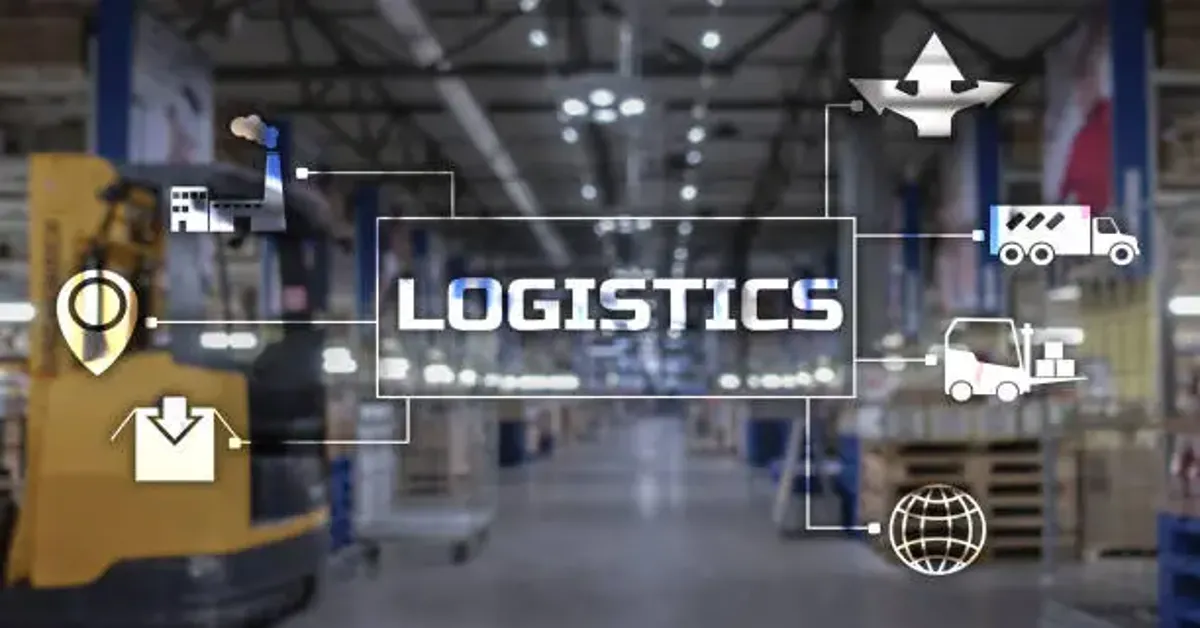In today’s fast-changing global supply chain environment, companies working in truck transportation and logistics face extraordinary challenges – from increased transport costs to the need for visibility, engagement, and initiated integrations. NetSuite, a premier cloud-based ERP software, provides all-in-one solutions to make cargo logistics management better than ever! With expert support from a reliable NetSuite consultancy, businesses can centralize data, automate manual processes, and enhance supply chain transparency to operate with greater speed, efficiency, and control.
In this article, we will go over top benefits of NetSuite for cargo logistics management and how it is a game changer for freight forwarders, 3PL providers, import/export companies and shipping companies.
1. Centralized Visibility Across Your Supply Chain
One area where NetSuite excels is in delivering real-time, centralized visibility into every level of logistics operations. From the moment a good is purchased to the moment it reaches customers, businesses can monitor and manage every model of transport through one single view in the dashboard. No need to toggle between platforms, or use a spreadsheet to identify cargo movement.
Centralizing all supply chain-related data in one room does more than just increase operational efficiencies; it allows logistics managers to deal with delays, shortages or bottlenecks proactively. With NetSuite’s logistics functionality, stakeholders can always keep track of KPIs like order status, delivery time (ETA), and shipment location — all in real time.
2. Integrated Freight and Inventory Management
Your freight tracking is embedded with your inventory management system, and you have visibility into all elements of your logistics and warehouse. So you no longer have to collate and unify data between your shipping system and your inventory database.
As you ship, receive, and delay stock there are no longer manual records or updates of inventory keys or levels because everything is synced in real time with NetSuite. With real-time management of inventory there is a reduced risk of overstocking or stockouts and you can base your procurement and other logistics decisions on up-to-date data. NetSuite can also manage inventory across multiple warehouses or locations in one place, for accurate forecasting and better logistics planning.
3. Automation of Key Logistics Processes
Operations like generating shipping papers, changing order statuses, or handling freight bills can be boring and frequently leave space for human mistakes. NetSuite can assist in the automation of these important logistics processes, freeing up human resource time and energy and enhancing the correctness of your operations.
Companies can, for instance, automate the production of shipping documents, including Bills of Lading, customs declarations, and packing slips. Based on set criteria on destination, parcel weights, and delivery urgency, automatic allocation of shipping carriers can be made. To alert employees of shipment exceptions, delays, or customs problems, triggers can also be created. Automating these procedures can not only expedite your whole workflow but also give you the consistency and control necessary for success.
4. Better Financial Control and Cost Optimization
Managing costs and guaranteeing profitability come with cargo logistics management; it goes beyond simple transportation of products. NetSuite has financial solutions integrated that let companies monitor vendor invoicing, track logistics costs, and boost margin awareness.
Businesses can better see where their money is going and spot any inconsistencies by linking freight charges to particular sales or purchase orders. By shipment, customer, or region, you can follow profitability and produce reports to assist negotiate for improved carrier or vendor rates. This insight into the financial side of logistical activities allows for more strategic decision making, costcutting, and wise budgeting.
5. Scalable Architecture for Business Growth
The demand for a scalable and adaptable system increases along with the complexity of logistics processes. NetSuite is designed with scalability at its heart, which means it is able to expand with your company. NetSuite readily adjusts whether you are growing into new areas, raising your delivery volume, or providing new services.
It is perfect for international logistics companies since it encourages multilocation activity, several subsidiaries, currencies, and languages. As your company changes, you can also add modules for warehouse management, CRM, HR, and much more. This saves both time and money by obviating the need to replace or overhaul your system someday.
6. Enhanced Customer Communication and Service
Transparency and immediate updates are today’s customers’ expectations. Offering exact and prompt information on shipments via NetSuite helps you to improve your customer support. It enables the development of customer portals where consumers may check real-time order status, shipment tracking, and delivery information.
Automated alerts may also be set up to alert consumers of significant events, including anticipated delivery dates, dispatch confirmations, or delays. Your support team can handle questions more swiftly and successfully when all customer interactions and logistics data are combined in one platform, therefore boosting satisfaction and retention levels.
Final Thoughts
Using obsolete equipment or unrelated systems in a competitive and quick logistics environment will greatly impair your capacity to produce results. Combining operations, inventory, finance, compliance, and customer service all onto one platform, NetSuite provides an end-to–end solution.
Using cargo logistics for NetSuite can help you to have more visibility, quicker decision-making, reduced operating expenses, and enhanced consumer happiness, whether you are a tiny freight business or a rising 3PL provider. It is a wise investment that advances both long-term expansion and near-term efficiency.

